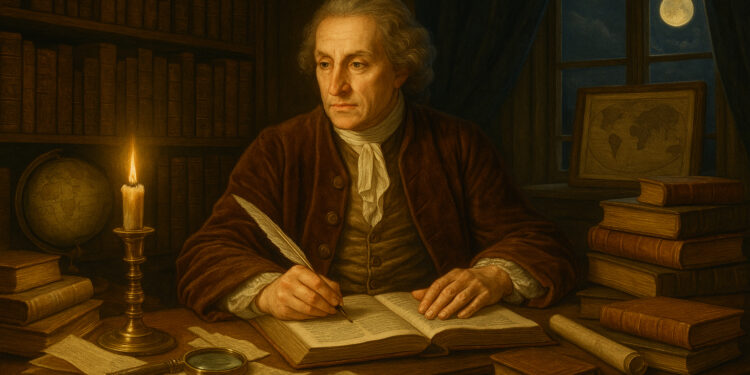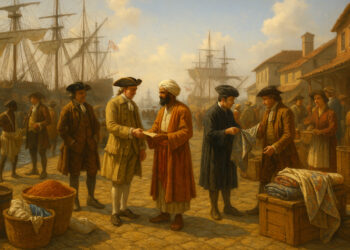The Enlightenment, often called the “Age of Reason,” was a turning point in human history when curiosity, logic, and science began to replace superstition and fear. Spanning the 17th and 18th centuries, it inspired a cultural awakening that reshaped politics, philosophy, and society. Thinkers across Europe questioned old beliefs and sought truth through evidence and reason, laying the foundation for the modern world we know today.
The Birth of Rational Thought
Before the Enlightenment, much of society was guided by rigid religious authority and unquestioned tradition. Enlightenment philosophers like Rene Descartes, John Locke, and Voltaire challenged these conventions, arguing that reason and human experience were the keys to understanding reality. They promoted education, freedom of thought, and scientific exploration as tools for progress, igniting a new wave of intellectual courage.
Science and Discovery Illuminate the World
Scientific breakthroughs became the hallmark of this era. Figures such as Isaac Newton and Galileo Galilei revolutionized how humanity understood nature and the cosmos. The scientific method empowered people to observe, experiment, and draw conclusions — transforming medicine, astronomy, and engineering. This shift not only expanded knowledge but also weakened the grip of fear rooted in ignorance and superstition.
Enlightenment and Social Reform
The Enlightenment also influenced politics and society. Ideas about democracy, equality, and human rights took shape through the writings of thinkers like Rousseau and Montesquieu. These philosophies inspired revolutions, including the American and French Revolutions, which sought to build societies grounded in liberty and justice. The era also advanced education, art, and literature, making knowledge more accessible to all.
Conclusion
The Enlightenment marked the dawn of a new human spirit — one that valued reason over fear, and inquiry over obedience. By daring to question and seek truth, humanity entered an age of progress that continues to guide us today. The legacy of this era reminds us of that knowledge, when shared and pursued, remains our greatest source of freedom.












